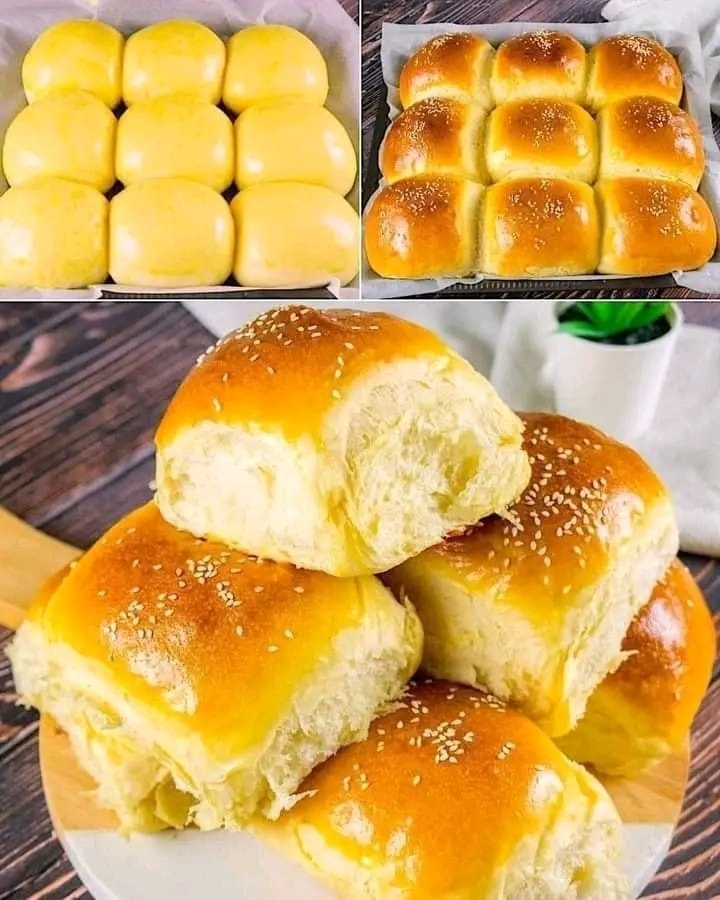Use your scraper to turn it over a few times on the counter, then pick it up and slam it again. Repeat this slaming/turning action for a couple of minutes.
You should find that it is a sticking to the counter a little less. If you feel it isn’t progressing after a couple of minutes (is still super sticky), very lightly dust the counter with flour and turn the dough over it to flour very lightly (Not too much flour.
Just a dusting). Continue doing the slam and turn action for several more minutes. At some point, after about 5 minutes or so of this routine, your dough should stop sticking to the counter.
Though it will still be a quite moist dough, you should be able to form it into a ball. *If your dough is still sticking after 5-7 minutes of working it, dust with a tiny bit more flour, as needed, until it is no longer sticking, but is still nice and moist.
Shape dough into a ball and place into a greased bowl. Cover with plastic wrap and let rise until doubled, 1-2 hours. Note that this dough is a bit of a slow-riser. Allow it to rise until doubled, no matter how long that takes.
Line a large baking sheet with parchment paper and set aside.
Using a dough scraper, divide the dough into 8 equal pieces. (* I like to weight the dough ball and then divide that weight by 8, to get a weight for each piece. I then weigh out each piece to that weight, to get 8 exactly equal pieces. My last bake, the individual balls were 101g apiece. Yours may vary somewhat.)
If your dough is still too sticky at this point to form into balls, very lightly dust with a tiny bit of four.
Form each of the 8 dough pieces into balls (* See video above the recipe card on how to do this!). Place balls on parchment lined baking sheet about 2-3 inches apart.
Cover loosely with a clean kitchen towel and let rise until doubled again, 1-2 hours.
Set a large shallow roasting pan of water on the lowest rack of the oven. Preheat oven to 400F, with a rack in center of the oven, as well.
Continue Reading in next page

